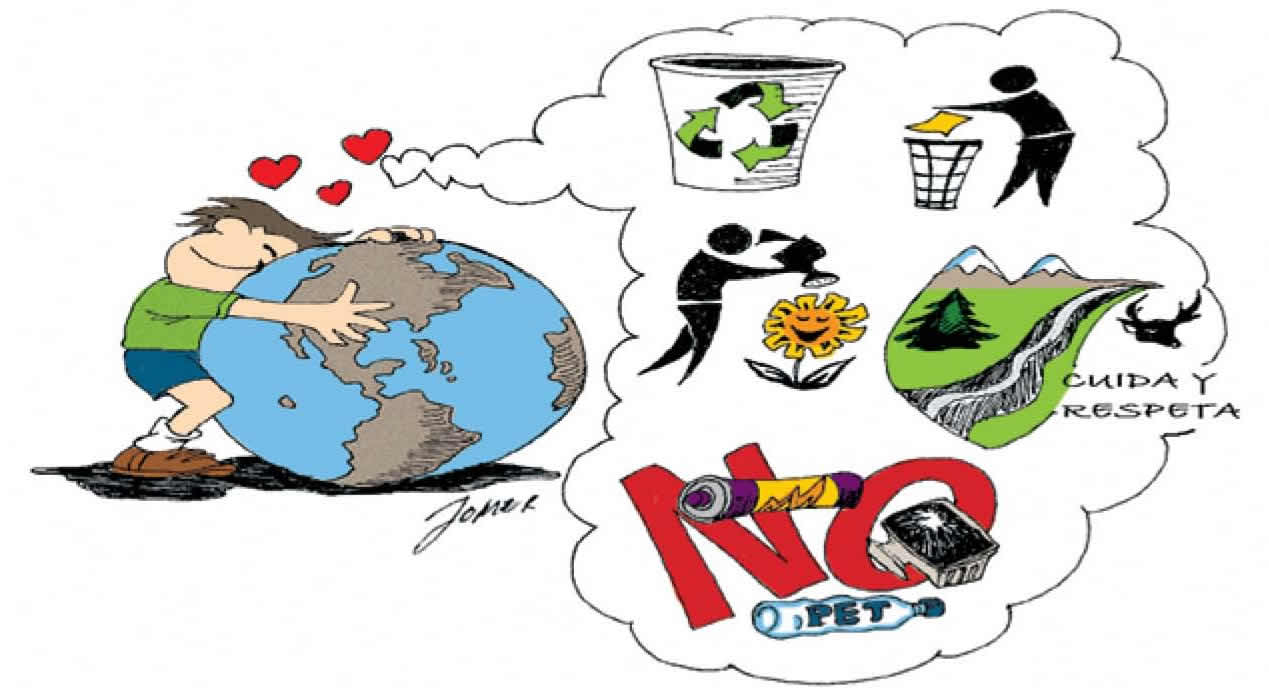
Jorge Mercado
Five major international trends, unnoticed until now, are gathering both strength and momentum. After the Rio +20 meeting in 2012, they might very well transform the current world system.
One trend poses the concept of Political Sustainability, which is a new mechanism allowing citizens to effectively influence the governments and supervise their actions by “an institutionalized legal system of accountability.” According to adherents, this system would be implemented at the different levels of government: local and national as well as within treaties or global decisions.
The next trend could be called Inter-Sectoral Sustainability. It has the ambitious objective of bringing together citizens, business people, the media and governments to create a unified global strategy. It proposes the development of an international democratic methodology that would allow the identification of goals, objectives and concrete indicators in the cooperation between those different sectors. The World Union for Sustainability headquarters is located in Río de Janeiro, and will officially open for business in September, 2011.
Inter-Generational Sustainability is the fourth trend, composed mostly of youth movements. One organization, in posing the question: “How old are you going to be in 2050?” prompts youth to reflect on the future and the fact that they are going to be the most affected if the right environmental decisions are not made now. The plan is to take the youth's proposals to the heart of the global political agenda. There are thousands of similar groups that bring together millions of young people who are informed, conscious andCOMMENTARY
Could the world end in 2012?
The global system of national governments and the United Nations could find themselves besieged, both from within and without, and with no escape,
condemned to effectively reform themselves or perish.
Therefore, the world as we know it could end in 2012, because a new and improved world would have been born. Ancient Mayan, Andean and Eastern prophecies would have come true, but in such a manner completely different to what many could have ever anticipated.

Jorge Mercado
Furthermore, there is the possibility of a strong petition demanding, at the least, a minimum set of requirements that would keep all options on the table, especially those combating global climate change. This would come from a global alliance of citizens, scientists and business people, similar to the declared intentions of promoters of the Inter-Sectoral Sustainability trend.
But the highly questioning climate within the official meetings wouldn’t be the only thing. The unofficial events and actions could present a real surprise. Thousands or even millions of young backpackers from all over the globe could saturate Río. Possibly a similar number of indigenous people. The future of youth and the ancestral past of indigenous peoples, both examples of IndividualThe final trend could best be called Individual Sustainability, and aims to recover spirituality, as well as find new sense and meaning to personal life. One tenet is the reconnection with oneself, with others and with humanity, as well as with nature and the planet. This trend deals with topics such as the change of cultural and moral values and alterations in the patterns of consumption. Additionally, it promotes a greater dialogue between science, religion and the media.
These five major trends were developed independently, but they converge and complement each other. They look to augment the impact of the United Nations Conference on Sustainable Development (known also as Rio +20 or Rio 2012), in which there will be an evaluation of the progress made in the 20 years since the 1992 Earth Summit held in Río de Janeiro. The declared objective is to “build momentum in the sustainability agenda” at Rio 2012. But its flexible and horizontal organization, its cult of individual liberty of conscience, and its spontaneous and voluntary adherence to collective actions make planning and formality very difficult.
This makes what was, until now, an improbable scenario, one of the more probable for Rio+20. Official meetings could see new leaders emerge who would, at their own risk, take a personal stand to insistently demand Political Sustainability. Additionally, there could be economists demonstrating the unquestionable need for Economic